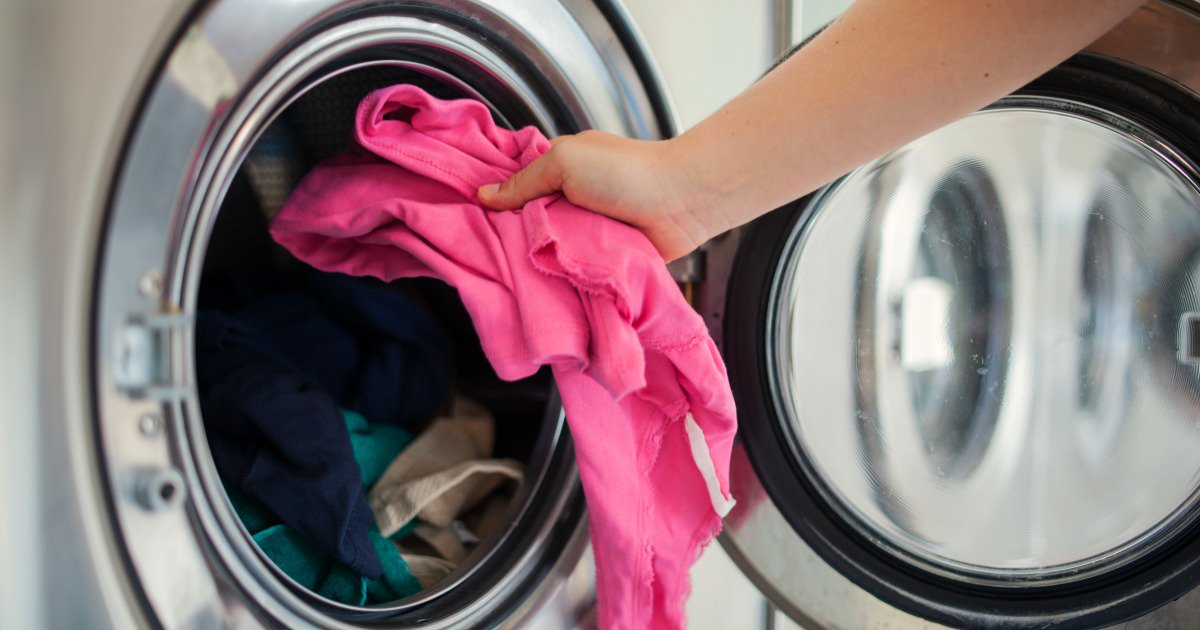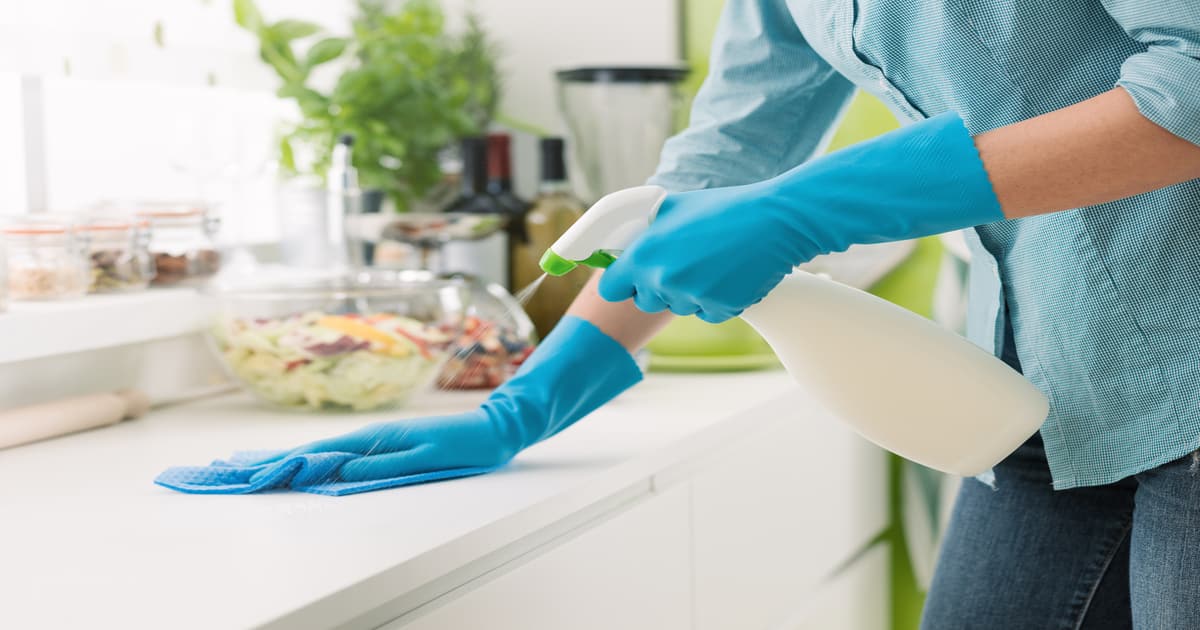How To Prevent Severe Acute Respiratory Syndrome (SARS)
Severe acute respiratory syndrome (SARS), a severe type of pneumonia caused by a coronavirus, was first recognized in 2003. The virus is spread through the air, and patients could become infected through inhalation of infected droplets. Transmission also occurs through contact with infected surfaces. Symptoms of SARS include a fever above 100.4 degrees Fahrenheit, chills, muscle pain, fatigue, and diarrhea. Patients may also develop a dry cough, and they could have trouble breathing. In severe cases, the infection results in a reduction in oxygen saturation, and is sometimes fatal. Between November 2002 and July 2003, more than eight thousand cases of SARS were documented, and these resulted in over seven hundred deaths. After the outbreak was contained, there was an isolated case of infection at a laboratory in 2004. Since then, no reported cases of SARS have occurred.
Since there is no vaccine for severe acute respiratory syndrome, experts recommend for at-risk individuals to take precautions to protect themselves from possible infection. The most common safety recommendations are discussed below.
Wash Personal Belongings

During the SARS pandemic of 2002 to 2003, caregivers for patients had a much higher risk of infection than other groups. Individuals who lived with a SARS patient were particularly at-risk. To prevent the spread of the virus, experts recommended for everyone to wash their personal belongings, especially any items that may have come into contact with infected surfaces or fluids. For example, individuals who visited SARS patients were advised to wash any clothing they had worn during their visit, and they also needed to wash any jewelry they wore. Bedding and cooking utensils needed to be washed as well, and any materials handled by an infected individual needed to be cleaned separately from other materials. Patients were advised to use stronger cleaning solutions when washing personal belongings, and wearing gloves while handling belongings was also recommended.
Disinfect Household Surfaces

Household surfaces are common sites of infection for many individuals, and doctors routinely recommend for them to disinfect household surfaces. This is particularly necessary if an individual has recently come into contact with a SARS patient or if the patient has touched the surface. One of the most effective disinfectants is a bleach solution, and individuals may also choose to use alcohol-based cleansers. If bleach is not available, cleaning surfaces with an alcohol-based hand sanitizer may suffice. Since the virus can be transmitted through infected stool, it is especially important for individuals to disinfect bathroom toilets, tubs, door handles, and the faucet handles on bathroom sinks. The kitchen is another frequent source of infection, and kitchen counters, refrigerators, freezers, tables, and chairs should all be disinfected. Door handles on the bedroom doors of areas where SARS patients sleep should also be cleaned with a disinfectant. While disinfecting once a week is normally sufficient if there is no outbreak, individuals living with a patient who has SARS may need to use disinfectant more frequently, as often as once every one or two days.
